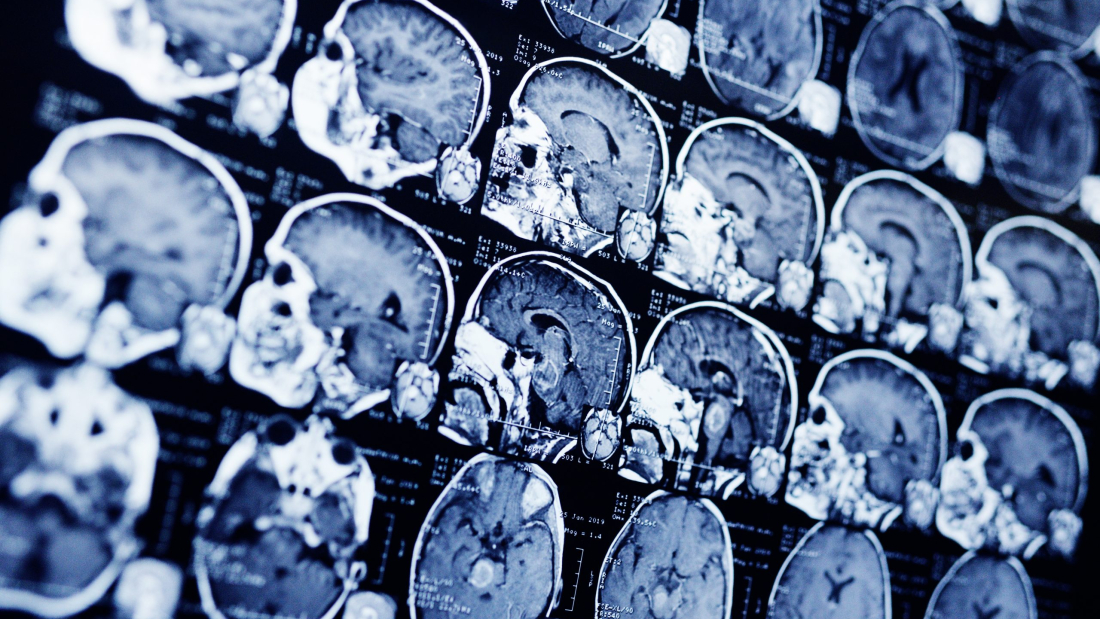Brain tumor cells
Yale scientists identified a novel DNA repair defect in brain tumor cells that is very sensitive to a drug already approved by the Food and Drug Administration to treat ovarian cancer.
When patients with certain malignant brain tumors and leukemia have mutant IDH1 and IDH2 genes, their cancers are more responsive to radiation therapy or chemotherapy, increasing survival time. Researchers wanted to learn more about this and created mutated cell lines to test a number of existing cancer drugs.
Interestingly, they found that tumor cells with mutations in the IDH1 and IDH2 genes responded strongly to the drug, oaparib, which is known as a PARP inhibitor and was recently approved to treat hereditary ovarian cancer. The drug caused a 50-fold increase in brain tumor cell death, the team observed.
“Our work at Yale has practice-changing implications, as our data suggest an entirely new group of tumors can be targeted effectively with DNA repair inhibitors, addressing the DNA repair defect, and that possibly these patients currently are not being treated with the most optimal approaches,” said senior author Ranjit Bindra, M.D., assistant professor of therapeutic radiology and of experimental pathology, in a statement.
The work also challenges current practice for treatment of brain tumors by blocking mutant IDH1 and IDH2 protein function. The genetic defect that prevents brain tumor cells from repairing damaged DNA should be exploited rather than blocked, co-senior author Peter Glazer, M.D., professor of therapeutic radiology and of genetics, noted in a statement.
Stemming from this work, the team are preparing a clinical trial, to study whether drugs such as olaparib will be successful against tumors with IDH1 and IDH2 mutations. Enrollment is expected to begin later in 2017.
The findings were published Feb. 1 in Science Translational Medicine.
Source: http://www.biosciencetechnology.com/news/2017/02/brain-tumor-cells-sensitive-fda-approved-ovarian-cancer-drug-study-finds
Date: 02/06/2017


Add a Comment